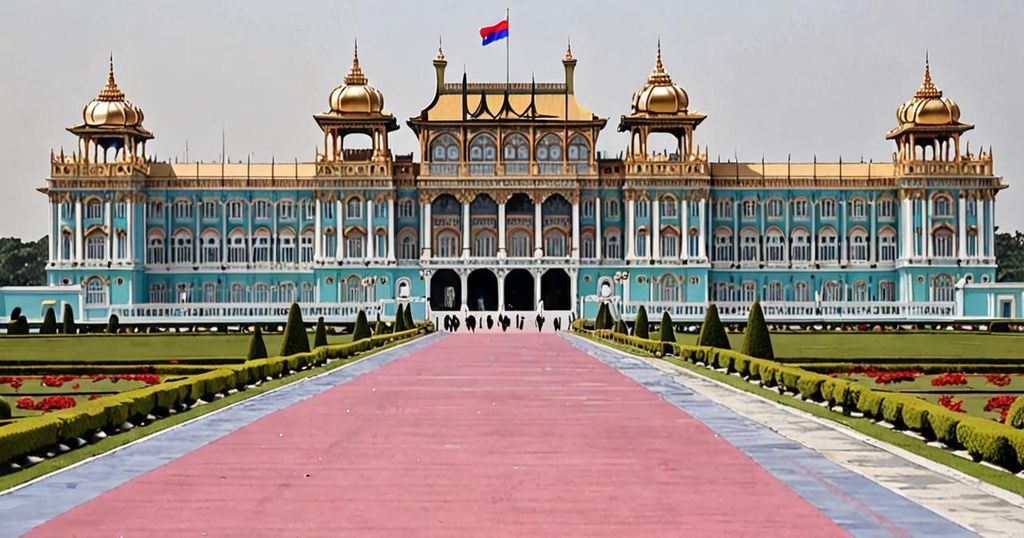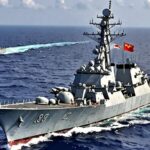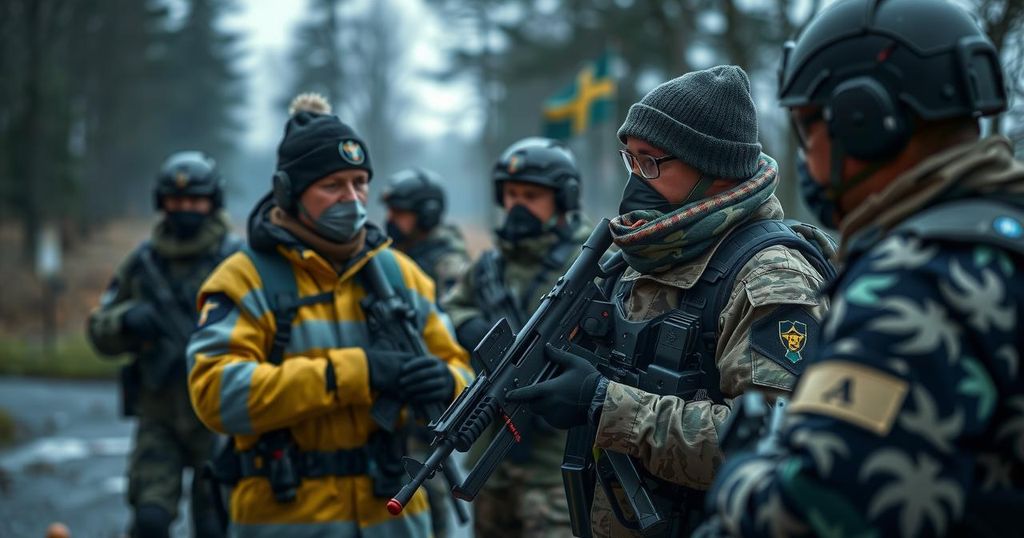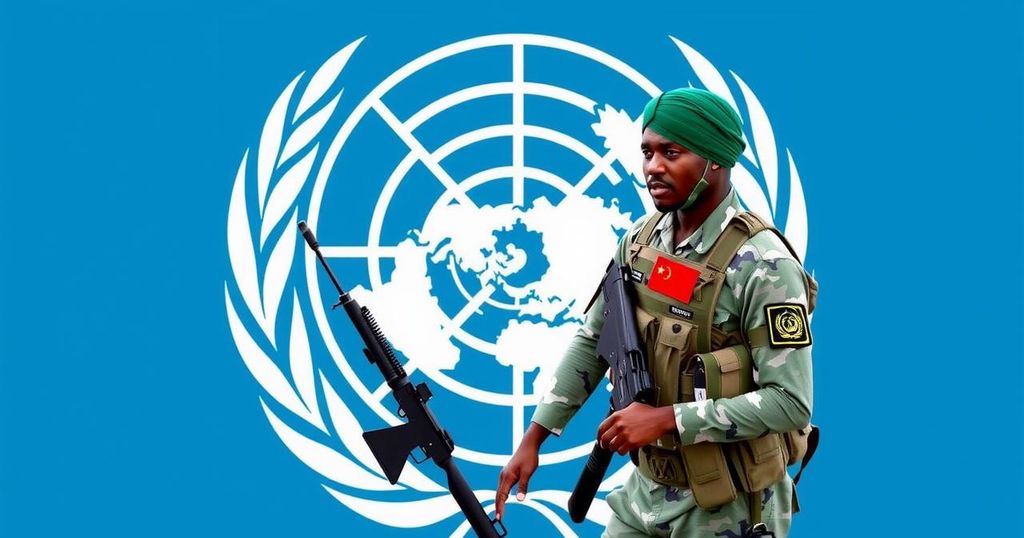Taking a Closer Look at China’s Influence in Vanuatu: A Story of Debt and Diplomacy
Located high above the shores of Port Vila, the picturesque capital of Vanuatu, a new and notable addition to the city’s skyline has emerged – the recently completed presidential palace. This architectural marvel stands as a generous gift from China to the Pacific nation, sparking discussions about the potential financial implications of such installations.
Vanuatu, with its modest population of just over 300,000, has been the recipient of numerous Chinese-funded infrastructure projects over the years. These projects have significantly altered the landscape of the small island nation, encompassing the construction of government buildings, roadways, a sports stadium, and a convention center. According to the Lowy Institute, the cost of these new government structures, including the presidential palace, has totaled a substantial $20 million.
John Salong, Vanuatu’s financial minister, has expressed gratitude for China’s support, underlining the country’s ongoing struggle to independently fund such developments. He has emphasized the instrumental role of these infrastructure projects in addressing the nation’s needs and building essential institutions.
Despite the tangible benefits, concerns have arisen about the increasing influence of China in the Pacific region, extending beyond financial aid to signal intentions of becoming a significant player in the region’s political landscape.
In the wake of the presidential palace’s official unveiling, Vanuatu’s Prime Minister, Charlot Salwai, engaged in high-level discussions during a trip to China. This visit saw China welcoming Vanuatu’s active participation in its belt and road initiative, a global infrastructure project.
While China has emphasized that its assistance comes with no political strings attached, some voices in the Pacific have expressed reservations about the proliferation of Chinese-funded projects in their countries. Jean Pascal Wahe, a community leader from Vanuatu’s island of Tanna, acknowledged the benefits of Chinese-funded road networks but also raised concerns about the overwhelming presence of Chinese entities in ongoing projects.
Rising questions about the economic burdens associated with Chinese loans have prompted concerns in the Pacific. Despite China’s substantial investments in the region, fears have emerged about the challenges faced by these nations in repaying the loans received for infrastructure projects.
It is estimated that China’s aid expenditure accounts for only 9% of the total development spending in the region, with Australia remaining the largest contributor, providing 40% of the total Pacific development income. However, the visible nature of China’s infrastructure projects has led to a perception that its contributions outweigh those of other nations, such as Australia.
The fear of debt distress looms over countries like Vanuatu as they grapple with the prospect of repaying significant loans from China. The Vanuatu government has acknowledged the need to ensure that infrastructure projects contribute to the country’s economic development rather than simply adding to the debt burden.
As China continues to exert its influence in the Pacific, other nations, such as the United States, are also increasing their engagement in the region. The US recently announced additional funding for the Pacific Islands Infrastructure Initiative, offering an alternative to Chinese-backed projects.
Amidst these developments, John Salong emphasized Vanuatu’s commitment to making independent decisions about its development priorities, emphasizing the need for sustainable economic growth.
The concerns surrounding the debt and diplomacy intertwined with China’s involvement in Vanuatu’s development underscore the complexities that arise in navigating international partnerships and financing. As the nation continues to grapple with these challenges, the careful consideration of the long-term implications of these partnerships remains paramount.








Post Comment